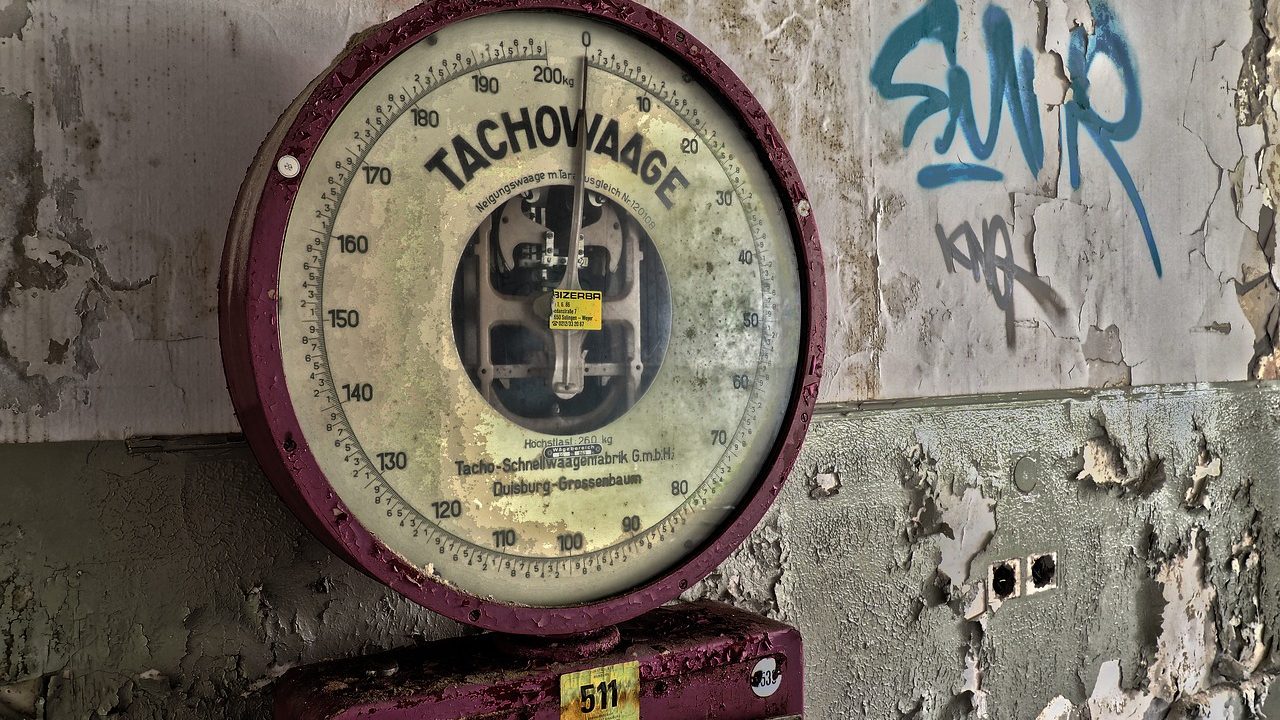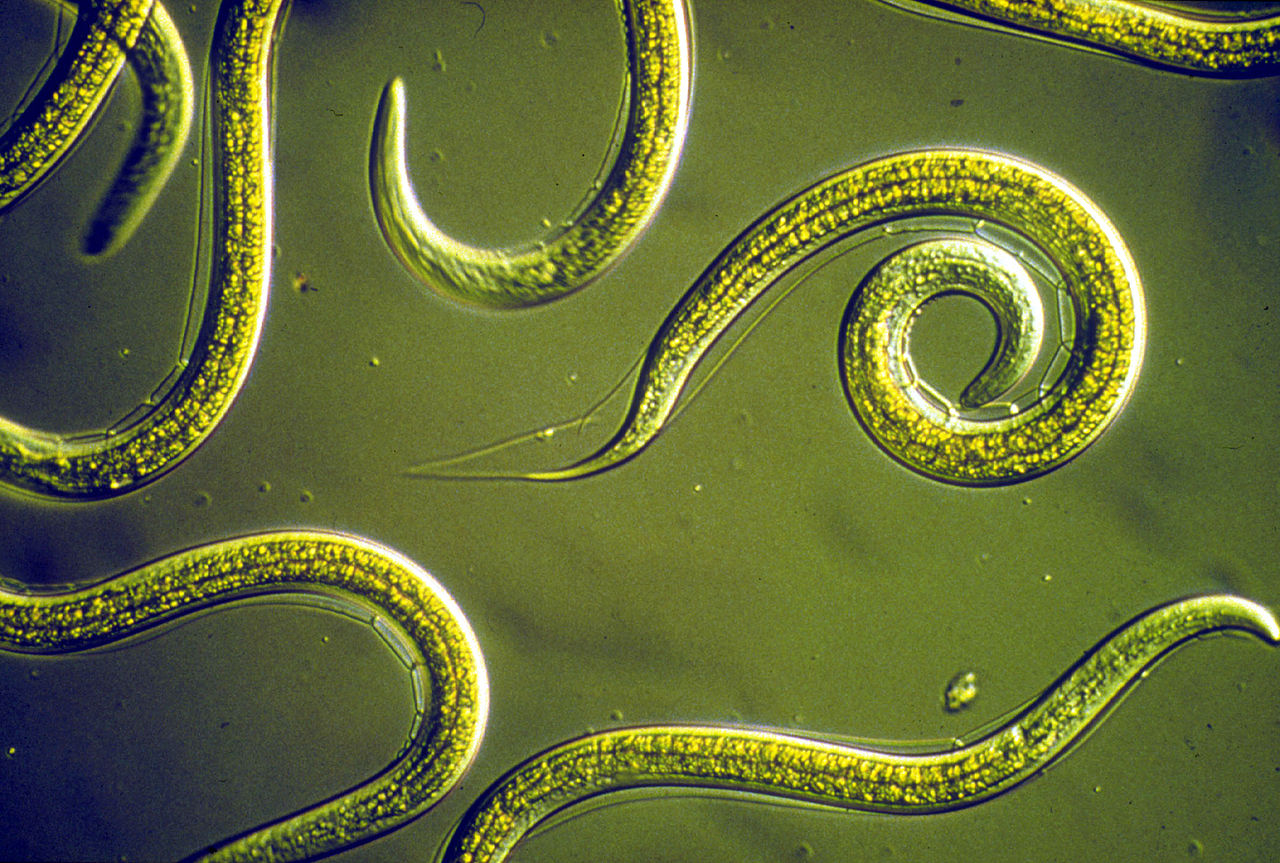
Research Stash Weekly Review #44
- Weekly Review
- 1.4K
Weekly Review #44 – Summary of the latest news In science and technology research across the world, carefully handpicked by team Research Stash
Scientists Might Have Just Found Where Cannabis Originally Came From
It’s long been known that cannabis plants are indigenous to Central Asia, but a new study provides a fresh focus on where exactly this genus may have first evolved millions of years ago. Read More
The universe may be a billion years younger than we thought
We’ve all lost track of time at one point or another, but astronomers really go all in. Recent studies show they may have overestimated the age of the universe by more than a billion years — a surprising realization that is forcing them to rethink key parts of the scientific story of how we got from the Big Bang to today. Read More
Researchers unravel mechanisms that control cell size
A multidisciplinary team has provided new insight into underlying mechanisms controlling the precise size of cells. The researchers found that ‘the adder,’ a function that guides cells to grow by a fixed size from birth to division, is controlled by specific proteins that accumulate to a threshold. Read More
An experiment hints at quantum entanglement inside protons
Protons are complicated. The subatomic particles are themselves composed of smaller particles called quarks and gluons. Now, data from the Large Hadron Collider hint that protons’ constituents don’t behave independently. Read More
The Kilogram Is Dead – Long Live the Kilogram
For 130 years, a cylinder made of a platinum-iridium alloy and stored in a suburb of Paris called Saint Cloud has been the official definition of a kilogram, the internationally accepted basic unit of mass. Read More
For The First Time, DNA Has Been Edited With CRISPR in Space
Humans may not be able to burp properly in space, but we can now edit a genome. For the first time, astronauts aboard the International Space Station (ISS) have used CRISPR-Cas9 to edit the DNA of brewer’s yeast. Read More
Researchers Brew Beer with 5,000-Year-Old Yeasts
A multidisciplinary team of scientists has successfully isolated several yeast strains from ancient vessels excavated at archaeological sites in Israel. The researchers also brewed ‘aromatic and flavorful’ beer using the ancient yeast strains. Read More
Scientists uncover exotic matter in the sun’s atmosphere
Scientists from Ireland and France today [Thursday 23rd May] announced a major new finding of how matter behaves in the extreme conditions of the Sun’s atmosphere. Read More
Biotech startup uses nanoparticles to induce immune tolerance
More than 100 approved drugs in the U.S. warn of immune-related side effects on their labels. Countless others never make it onto shelves because of unwanted immune responses that can harm patients and limit the effectiveness of drug candidates. Read More
Broccoli. An Unlikely Place To Find A Possible New Anti-Cancer Compound
We are constantly bombarded by messages telling us that certain foods will prevent cancer or will give us cancer. Some foods even appear to reportedly do both, depending on who you listen to or what you read, making it difficult to make informed dietary choices. Read More
If you liked this article, then please subscribe to our YouTube Channel for the latest Science & Tech news. You can also find us on Twitter & Facebook.


